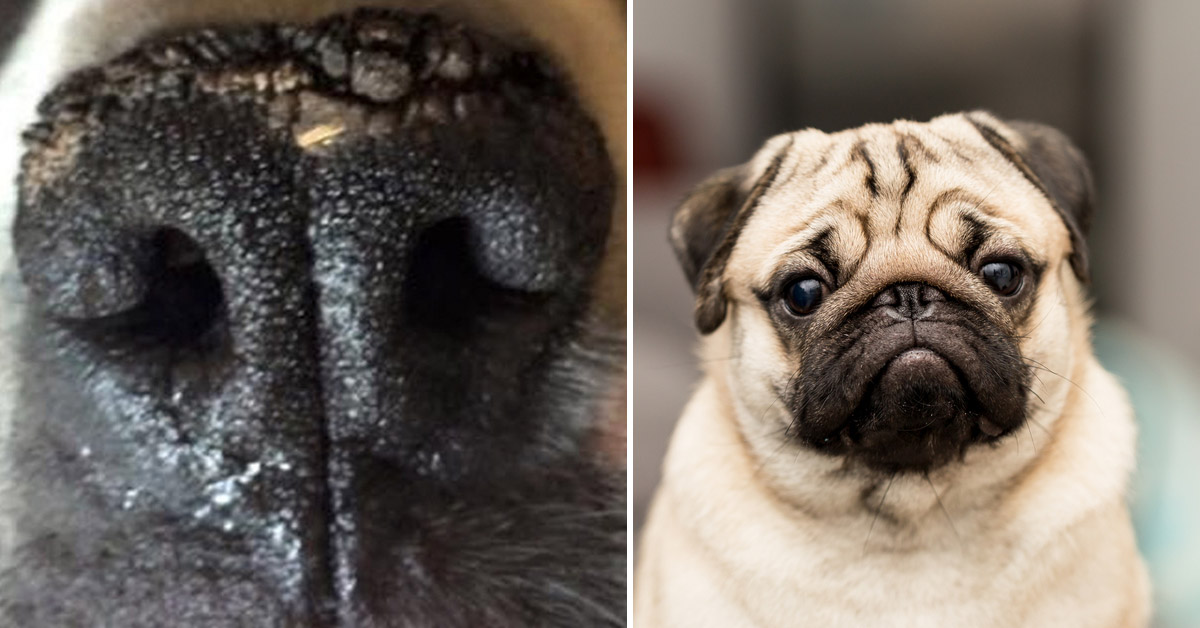
While nearly all dogs can experience mild dryness of the nose, pugs are far more prone to experience a conditation referred to as nasal hyperkeratosis. In a nutshell, nasal hyperkeratosis is a more intense form of nasal dryness experienced by some breeds of dogs. Nasal Hyperkeratosis (also known as Nasodigitalis) an idiopathic condition, meaning that its origin or cause is unknown. It’s is marked by the excessive formulation of nose crust called keratin, which is a type of protein overgrowth.
This condition isn’t life-threatening and most veterinarians consider sasal hyperkeratosis as merely a cosmetic issue. However, dry nose may be highly uncomfortable for dogs who rely on a a healthy and moist nose in order to interact with and smell the world around them.
Why Do Pugs Suffer from Nasal Hyperkeratosis?
Nasal Hyperkeratosis may be an expression of a depressed immune system. Below are some of the traits of dog breeds (pugs included) that seem to have dryer noses than most. Breeds such as pugs have been bred with extreme traits, which can also depress the immune system. The following breed characteristics seem to represent dog’s who suffer from nasal hyperkeratosis:
- Extremely flat faced breeds
- Extremely small breeds
- Extremely large breeds
- Extremely heavy boned breeds
- Extremely heavy bodied breeds
How Can I Moisturize a Pug’s Nose That is Affected by Nasal Hyperkeratosis?

Once you’ve selected a nose balm product, apply the butter 2-3 times a day for 2-3 days. At the end of the third day test and see if the crust is beginning to crumble. If it does not, continue multiple daily applications. If it does crumble off, begin maintenance schedule of 2-3 applications a week. Your dog may need more weekly applications depending on their age or the severity of the nasal hyperkeratosis.
Search Amazon for “Dog Nose Balms”
These statements have not been evaluated by the Food and Drug Administration. This product is not intended to diagnose, treat, cure, or prevent any disease. The information on this website is not intended to replace a one-on-one relationship with a qualified health care professional.
Recent Articles
Interested in learning even more about all things dogs? Get your paws on more great content from iHeartDogs!

 1 week ago
11
1 week ago
11
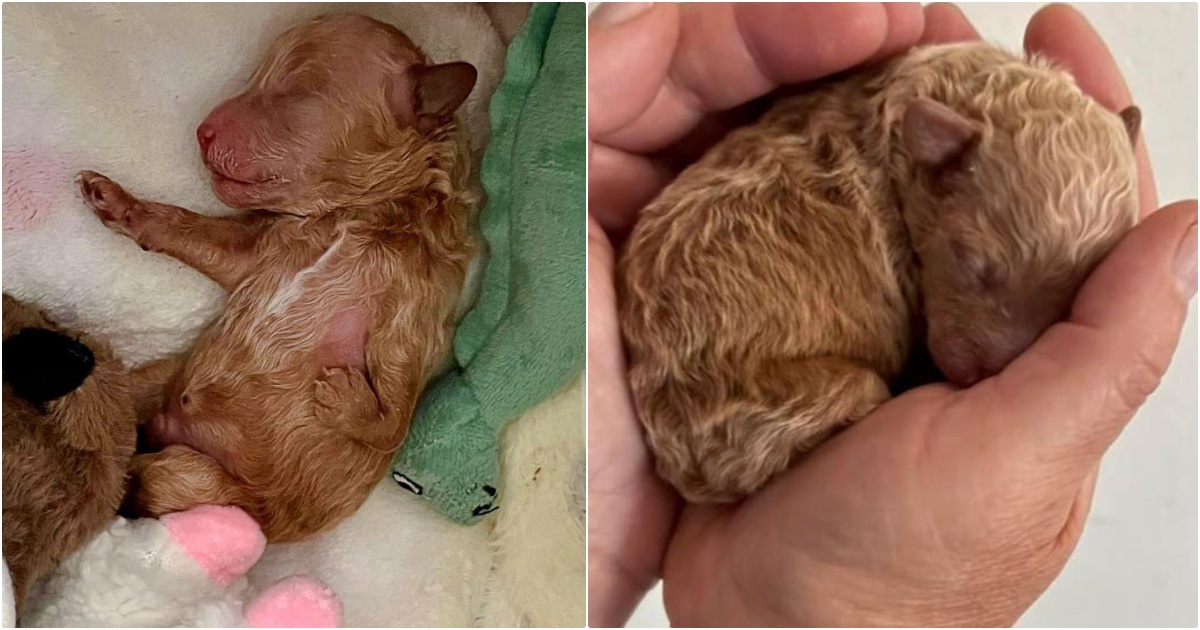


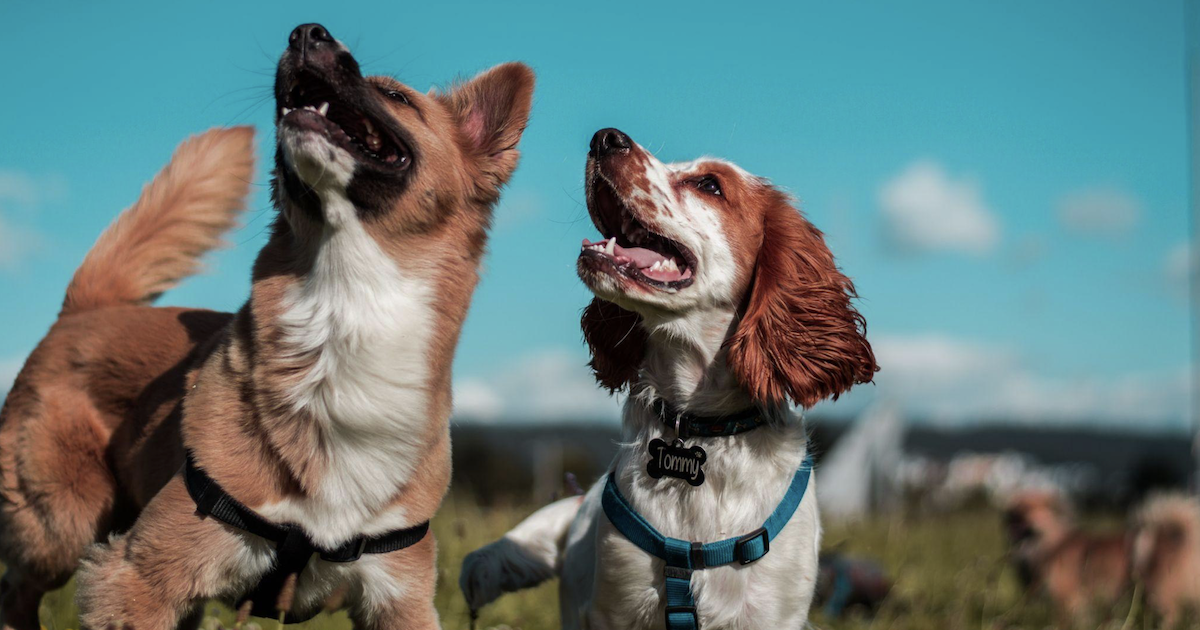
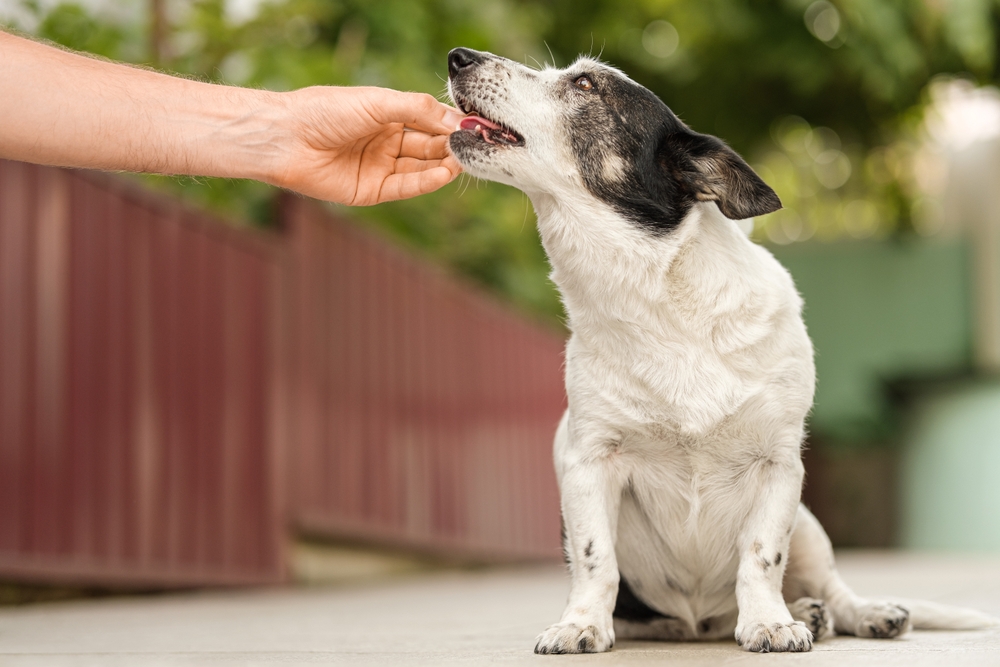
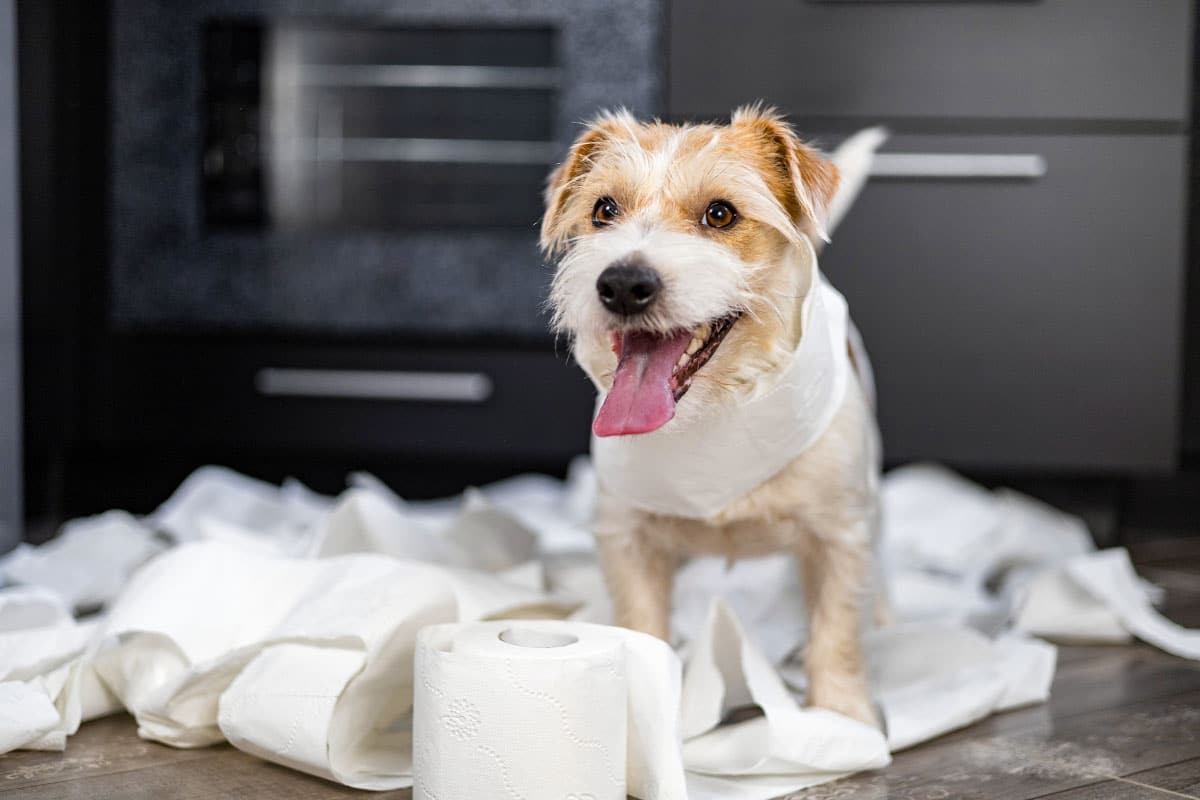




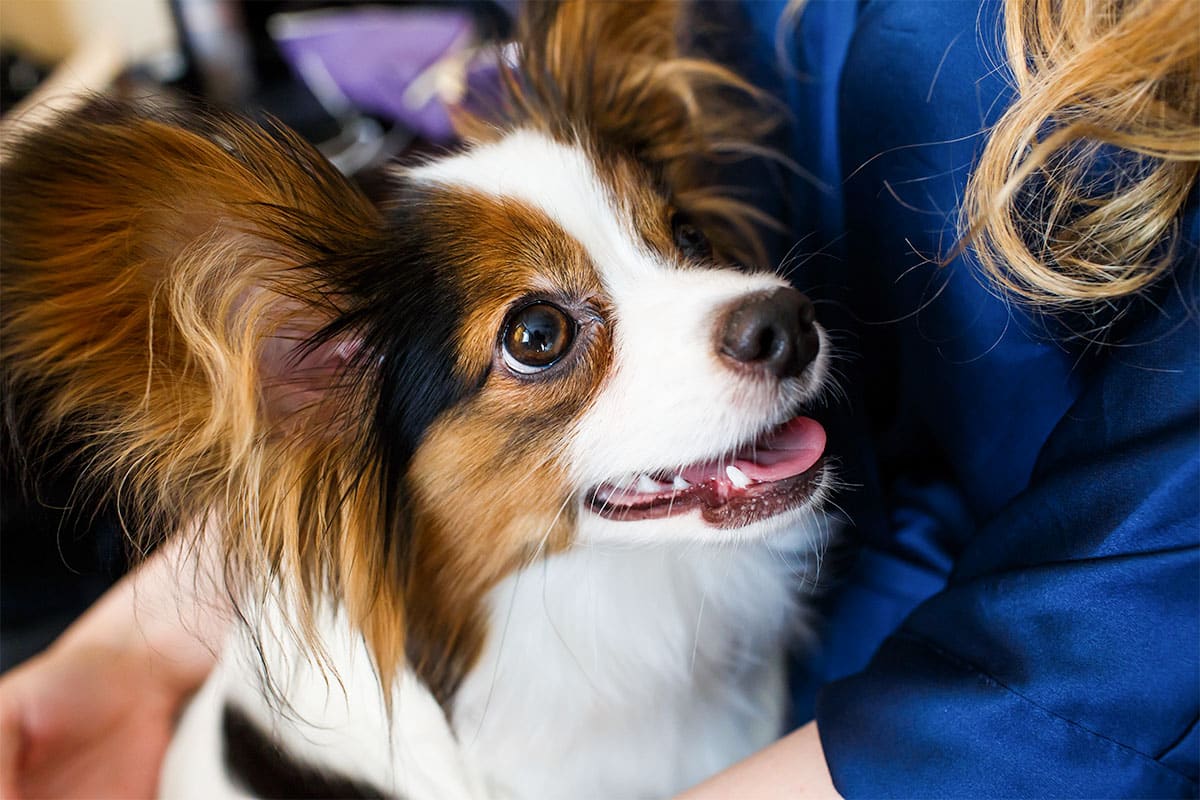





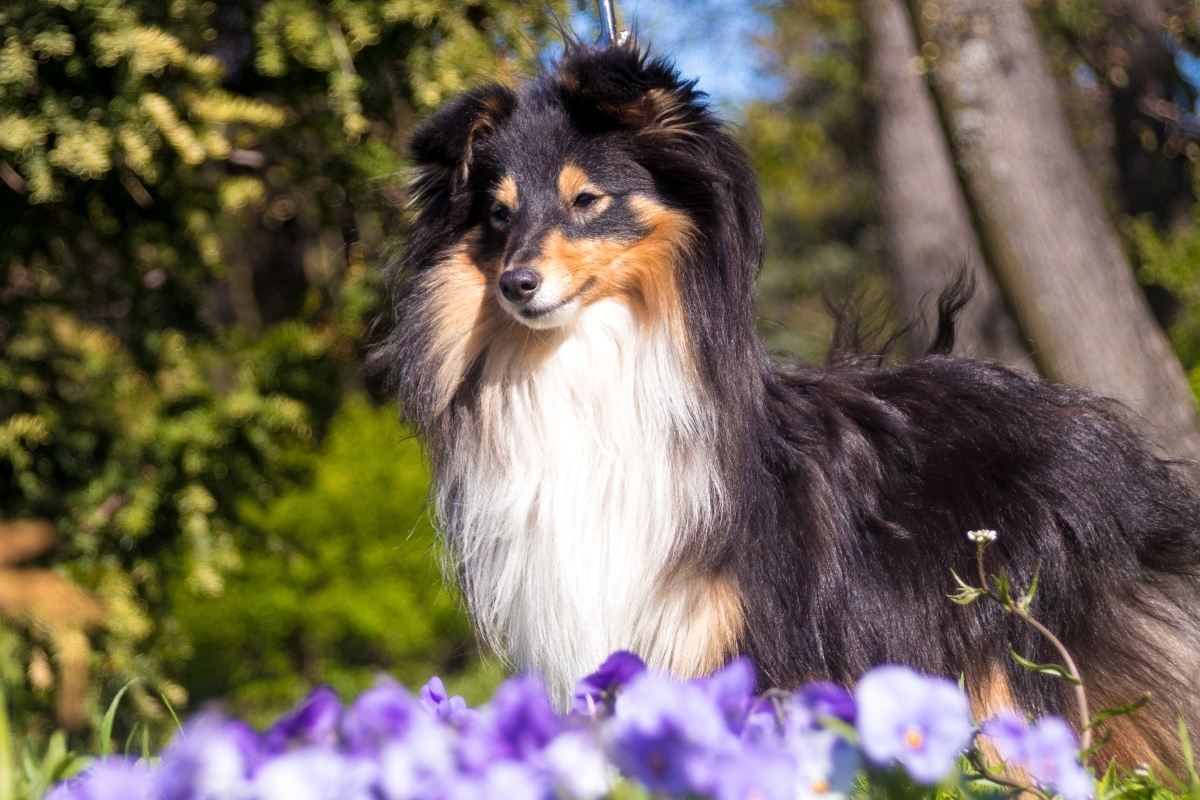

 English (US) ·
English (US) ·